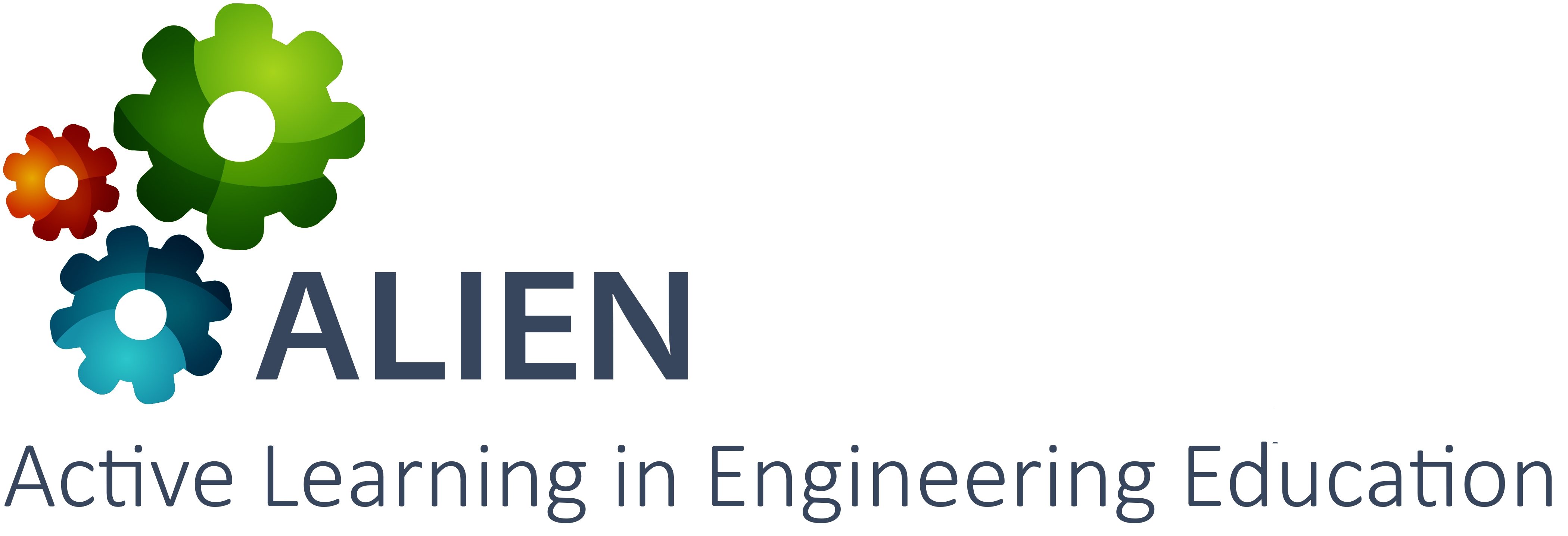ALIEN Webinar “Digital Problem-Based Learning Platforms”, May 28, 2020 09:00 (Lisbon Time)
Place: https://videoconf-colibri.zoom.us/j/98848330014?pwd=N1BqZ3BBbXM2MFNpbFltV0hxOWVxQT09
Problem-based learning (PBL) is an active-learning, student-centered pedagogical methodology in which students learn about a subject through the experience of solving an open-ended problem normally based on real contexts and situations. This methodology also allows to further promote the development of interpersonal and intrapersonal skills like enhanced group collaboration and communication, leadership, inquiry and research, decision making, etc. The PBL process implies normally working f2f in small groups of learners something that has been rendered problematic due to the pandemics restrictions. The use of online PBL solutions allows to overcome the current limitations and also to extend the scope of application of this methodology to online collaboration processes. This will be demonstrated using the ALIEN PBL platform.
Carlos Vaz de Carvalho has a Ph.D. in Technologies and Information Systems (e-Learning) from the University of  Minho, in Portugal. He has been a Higher Education professional for 25 years, now as Associate Professor of the Computer Engineering Dep. of the Instituto Superior de Engenharia do Porto (ISEP). Throughout this period he produced educational content for over 15 different subjects, in most cases with innovative components based on technology enhanced learning. He was also responsible for planning and developing syllabuses for several of these disciplines, namely in the Master in Computer Eng. He has, in parallel, considerable activity in training actions related to e-learning, in collaboration with leading organizations in this area.
Minho, in Portugal. He has been a Higher Education professional for 25 years, now as Associate Professor of the Computer Engineering Dep. of the Instituto Superior de Engenharia do Porto (ISEP). Throughout this period he produced educational content for over 15 different subjects, in most cases with innovative components based on technology enhanced learning. He was also responsible for planning and developing syllabuses for several of these disciplines, namely in the Master in Computer Eng. He has, in parallel, considerable activity in training actions related to e-learning, in collaboration with leading organizations in this area.
Scientifically, he was researcher at INESC (Computer Graphics Group) from 1988 to 1996. From that time began developing a scientific career in the e-Learning area. From 2005 to 2014 was Scientific Coordinator of the GILT Research Group (Graphics, Interaction and Learning Technologies). He directed eight PhD theses and 30 Master in this area.
Throughout his career he authored over 150 publications and communications on the subject, including more than ten books (as author and editor). Also noteworthy is the coordination of over 15 national and European projects and the participation in more than 20 other. It should be noted that by the nature of the themes, these projects always had a mixed profile of technology and education.
He was eLearning Director (2001-2005) of the School of Engineering and directed (1997-2000) the Distance Education Unit of the Polytechnic Institute of Porto. Between 2011 and 2013 he was President of the Portuguese Chapter of the IEEE Education Society. In August 2011 was promoted to Senior Member of IEEE, in recognition of the relevance of the activities carried out under the Engineering.


